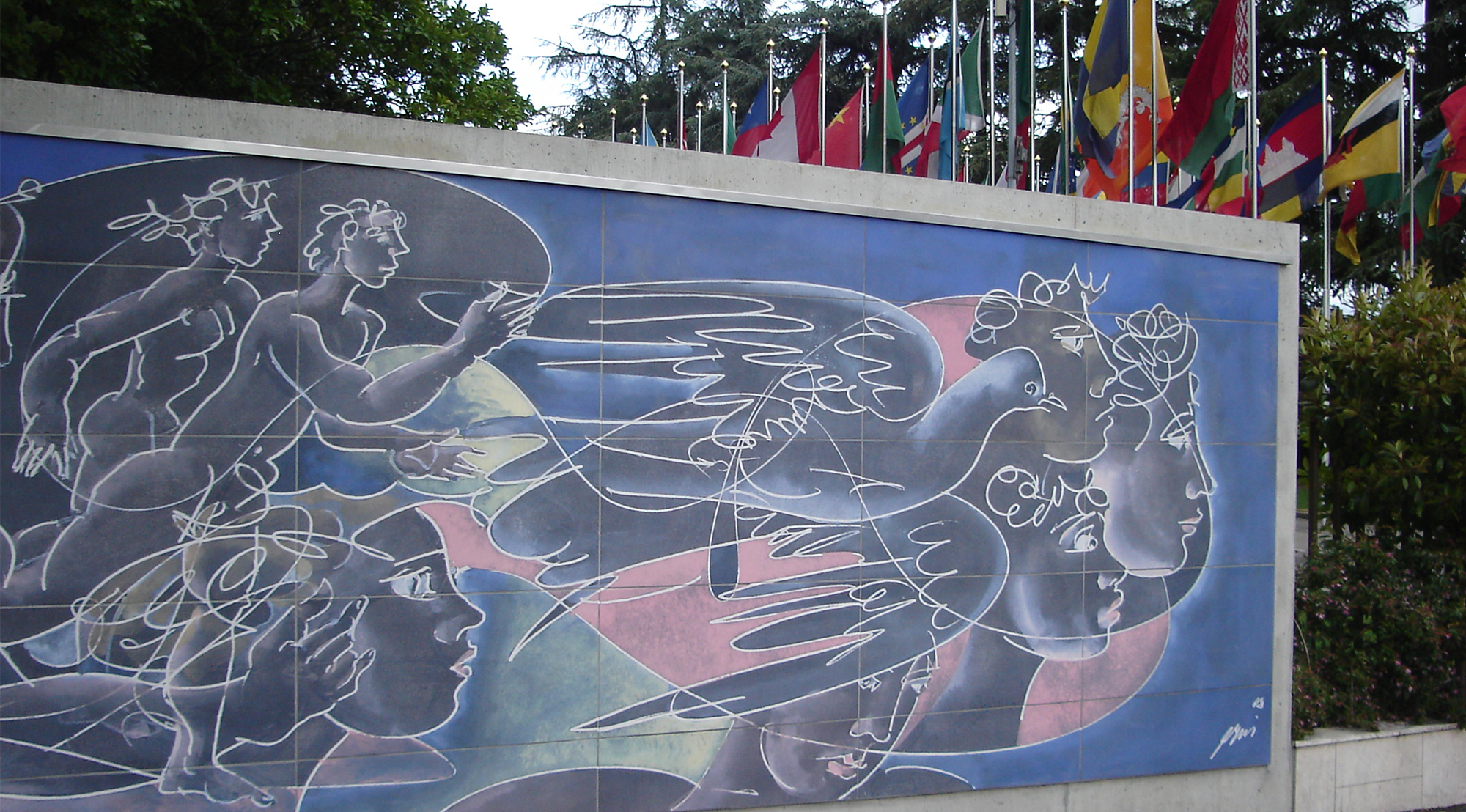A three-level theoretical framework to define peace:
• An individual peace, within the human person.
• Social peace, relationships between people and social groups.
• Political peace, ethical values, political infrastructures and accountability of actors and institutions in charge of peace and security.
At each level, there is a psychosocial dimension. The individual creates and lives his definition of peace. Social relations, through education, prevention and peaceful settlement of disputes, create the basic conditions for peace. The political framework provides the fundamental and legal values, the necessary infrastructure. The guarantee and progress of peace go through three stages:
• Teaching peace through education and personal development. It is a Sustainable Development Goal (n ° 4.7 and 4A1).
• Conflict prevention is now the priority of the United Nations. The forms it will take and its effectiveness will emerge in the coming years.
• To overcome conflictuality and its violent degeneration, it is necessary to disarm conflicts and to ensure their peaceful management.
International law requires States to settle their disputes peacefully (UN Charter, Article 2 § 3). Should individuals and social groups do the same?
Mediation and peaceful conflict management techniques build the capacity of individuals and of social groups to understand and handle, to overcome and prevent conflicts.
APRED has studied the question of a right of access to peaceful settlement of disputes. Correlatively, do States and the international community have an obligation to promote and provide infrastructures for peaceful settlements? Our work shows that in international law as in Swiss law, the bases needed therefore are laid. Much remains to be done to generalize it.


